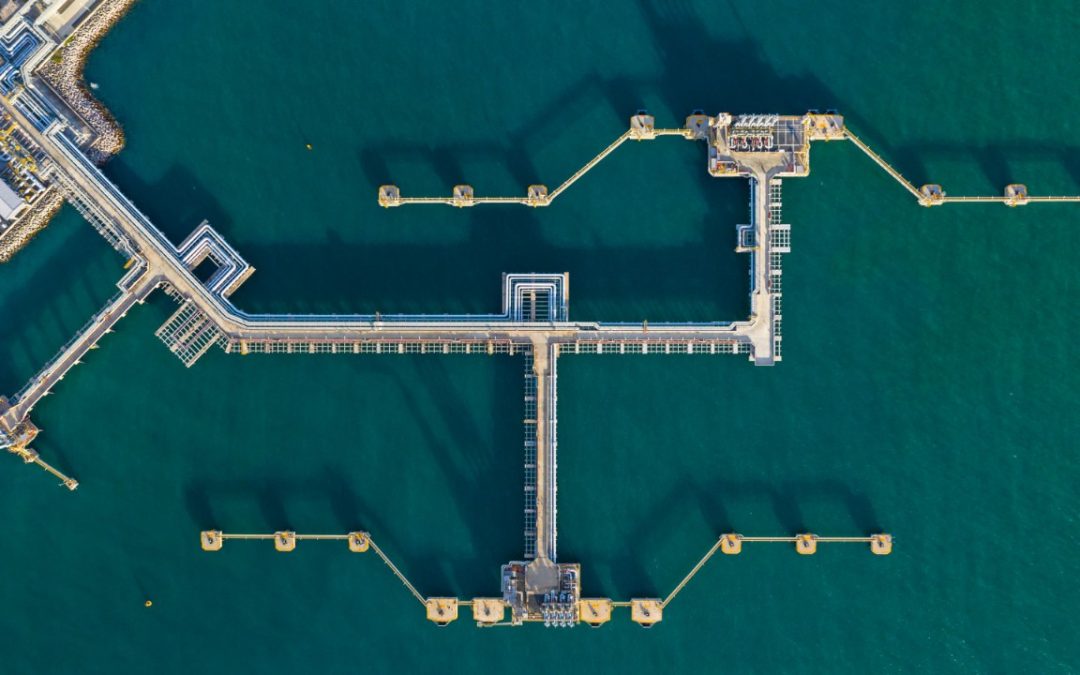Maritime transport reportedly emits around 940 million tonnes of CO2 annually and is responsible for about 2.5% of global greenhouse gas (GHG) emissions (3rd IMO GHG study), with a projection to increase significantly over the next few years (estimated increase rate amounts to 50%-250% by 2050), unless remediation measures are enforced {1}. To this direction, the EU has formulated a concrete strategy, driven by the global approach adopted by the International Maritime Organisation (IMO), focusing heavily on monitoring, reporting and verification of CO2 emissions from large vessels (over 5 000 gross tonnage) using EU ports.
Through the effective monitoring, reporting and verification of CO2 emissions, fuel consumption and other parameters of large vessels operating across the European Economic Area (EEA), Moreover, IMO aspires not only to ensure compliance with the newly established energy efficiency rules and standards, but also reduce total annual GHG emissions from shipping by at least 50% by 2050 with an ultimate goal to phase them out in this century.
To prove compliance and align with the established guidelines, shipping companies shall:
• Monitor and report under both the EU Monitoring, Reporting and Validating (MRV) Regulation and the IMO Data Collection System multiple parameters for each of their ships, including indicatively but not exhaustively, CO2 emissions, fuel consumption, distance travelled and time at sea on a per voyage basis;
• Formulate an annual, satisfactory verified emissions’ report for each ship and submit it to the Commission and the States;
• Ensure all ships carry onboard official verified documents (EU MRV) and statements of compliance (IMO DCS) by authorized organizations.
Achieving a zero net emissions economy by 2050, as signed up to by 197 governments, will require radical transformation in every sector of the economy. In their effort to conform to the new reality and achieve high sustainability levels, shipping companies have been faced with critical performance monitoring and reporting challenges, mainly due to the use of legacy systems and outdated maritime software suites that often prove to be unstable and incompatible with new technologies and regulatory requirements. Additionally, manual data retrieval and processing by users increase the possibility of human error throughout the reporting process.
As such, the introduction of a comprehensive reporting solution that may enable shipping enterprises to efficiently monitor CO2 emissions and other key performance metrics, while taking a proactive stance towards long-term GHG reductions, should be placed at the top of the management agenda.
This is also highly connected to the monitoring of each shipping enterprise sustainability or Environment, Social and Governance (ESG) performance and how impacts the decisions of investors in the capital market and the ability of shipping companies to assess financing{2}.
Powerful new technologies and advanced analytical tools can play a critical role in underpinning the solutions needed to tackle the most pressing challenges amongst shipping companies – from CO2 emissions’ and ESG performance monitoring and enforcement for conservation, to uncovering useful, data-led insight in an effort to decarbonize energy and transport.
The starting point of this conversation includes the establishment of a cutting-edge, integrated reporting solution, incorporating the latest technological advances, that can offer the ability to collect, process and analyse vessels’ operational data through tailor-made Key Performance Indicators (KPIs), aiming to provide insights on performance, technical operations and maintenance. In particular, an integrated solution should encapsulate key capabilities such as:
1. Design of a mechanism that is capable of collecting and processing all the necessary data from various sources, execute Extract, Transform and Load (ETL) processes and prepare data for analysis
2. Design of a ESG reporting ecosystem that will entail the implementation of dimensions, measures and complex calculation to facilitate the GHG measurement process and may enable users to visually explore and analyse available data in a single view through self-service reporting, allowing for exploratory data analysis (EDA)
3. Integration of the ESG reporting platform with the deployment of complex Machine Learning (ML) and predictive modeling techniques to derive insights, produce predictions, boost efficiency and support key business decisions
4. Deployment of Artificial Intelligence (AI) on real streaming Internet of Things (IoT) source of data to automate the fuel consumption regulatory and ESG performance monitoring and accuracy on predicting well in advance the need for vessel maintenance or performance enhancements due to either fuel, lubricants, diesel engines or spare parts life expectancy failures and likely ESG factors or external disruptions, allowing the enablement of operational planning
We have identified the imminent needs of our clients operating in the Shipping Industry throughout our dialogue on the holistic picture of sustainability ESG management and performance monitoring. Within this context, we have developed a centralised, cloud-based management intelligent reporting solution, enabling access from everywhere, that offers a simplistic, secure and scalable way to automate the production of regulatory and operational performance dashboard reports via a user-friendly and easily maintainable business intelligence (BI) environment.
A dashboard-based platform fully integrated with a Big data Intelligent Forecasting Platform (IFP) capable of producing time series forecasts deploying a range of simple and ML algorithms.
As such, a wide range of shipping companies may harness the benefits deriving from a novel revolutionised ESG management and regulatory reporting process, allowing for direct access to interactive dashboards, through the use of cloud-based Business Intelligence (BI) platform. Users, ranging from C-level executives to business and technical experts, having diverse access rights, can not only obtain valuable insights and forecasts regarding vessels’ performance and consumption metrics, but also a broad understanding of the competitive environment in which shipping companies operate and embrace strategic, data-led decision-making.
{1} European Commission: Reducing emissions from the shipping sector
{2} Momentum is gaining in linking the monitoring and reporting of ESG performance to shipping finance, Dimitirs Sakipis, Head of ESG and Maritime Sustainability Center, PwC Greece, 27 May 2020.
Source:- Hellenic Shipping News





